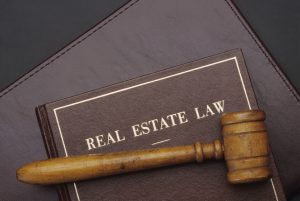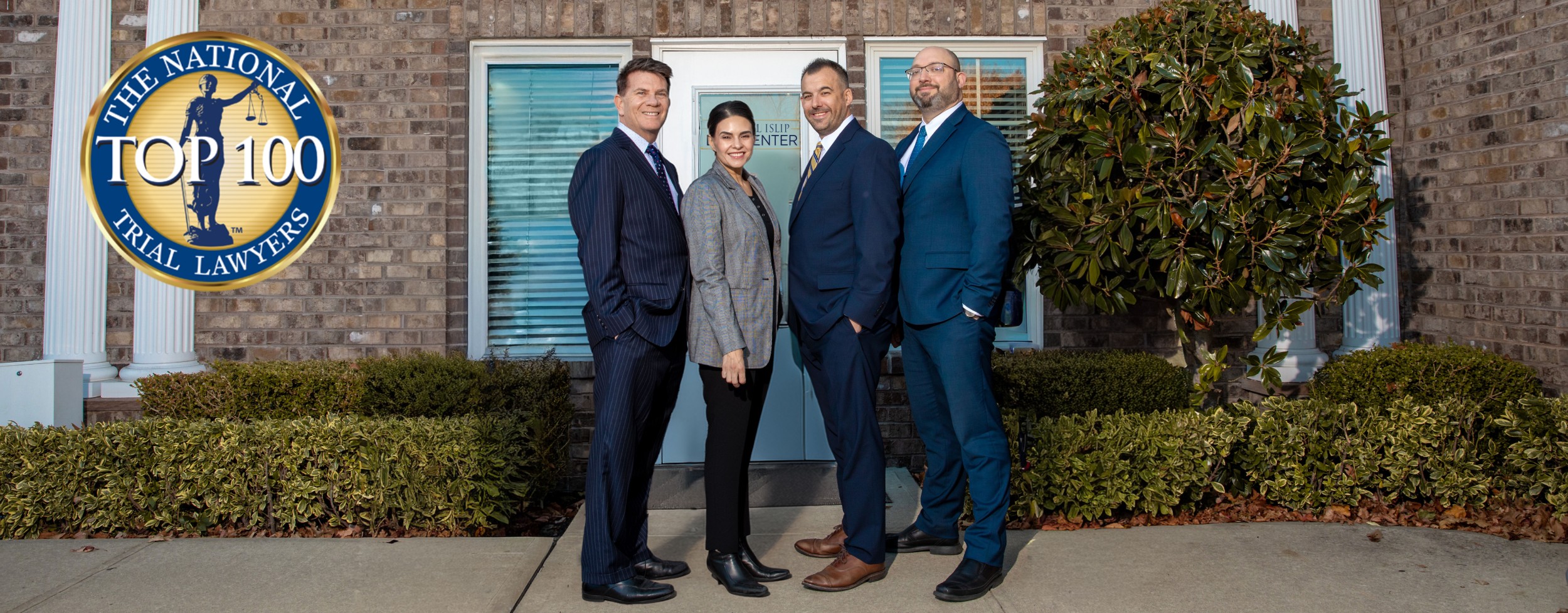
What are the three laws that provide for liability against a neighbor for surface water damage?
- Reasonable Use – This requires proof that a neighbor altered his or her property and that it was unreasonable and changed the flow of water onto the property.
- Typically a court will evaluate a multitude of factors when using the reasonableness test. Here are a few:
- The importance of altering the property
- Was the excess runoff reasonably foreseeable
- Damage to the property v. the value added to the neighbor’s property.
- Typically a court will evaluate a multitude of factors when using the reasonableness test. Here are a few:
- Common Enemy Rule – This rule requires that an individual is expected to protect his or her land from runoff. Under this law, rainwater is seen as a common enemy to all landowners. It allows a landowner to take the necessary steps in protecting his or her land such as building a drainage ditch. Under this rule, an individual can hold a neighbor liable if the modification made to the land was negligent.
- Civil Law Rule – This rule holds a property owner liable for changes made that disturb the original or natural flow of water across the property. This requires that the modification is made in a reasonable manner and a homeowner may also have been expected to take reasonable precautions to protect the property from harm.
If damage to a property was done due to a neighbor’s negligence or careless actions, an individual may be able to recover compensation for their losses or damages. In addition, a court may be able to stop a neighbor from continuing to engage in behavior that led to the damage of the property.
If you are faced with a real estate dispute involving a residential or commercial property in Nassau or Suffolk County, it is important to contact an experienced Long Island real estate lawyer who can guide you through the process and protect your legal rights. For more information or to schedule a consultation, contact our Central Islip real estate lawyers at (631) 348-1702 or fill out our contact form



